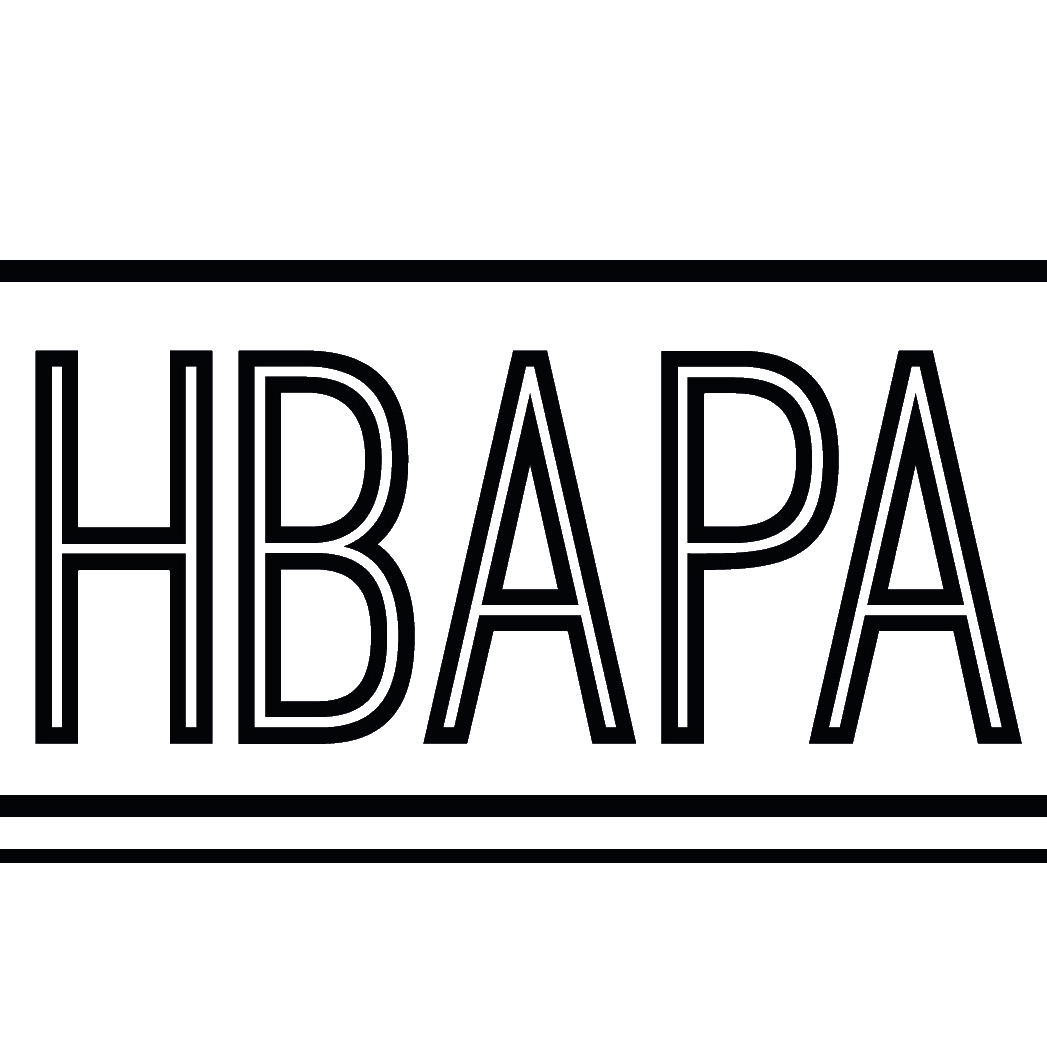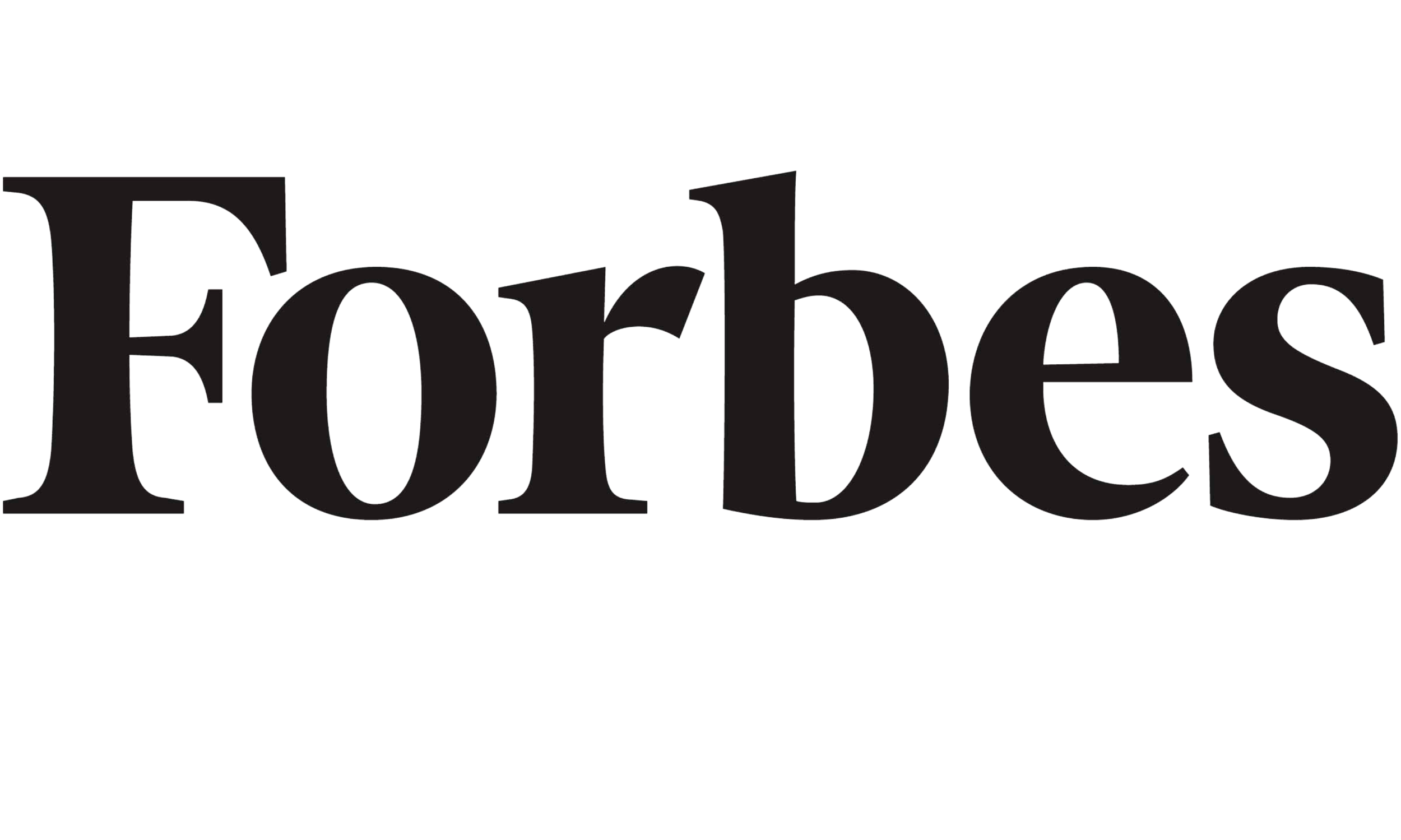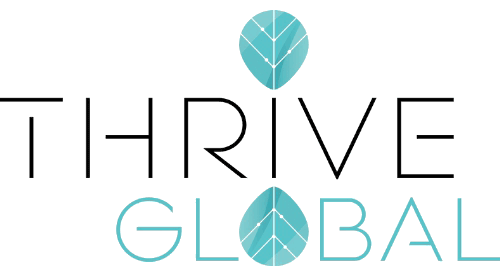The other day my three-year-old son stood before me donned in his spider man pajama top, no pants, and his giant Clifford book proclaiming “Ok, mommy. I’m off to work. It’s PJ day at work today!”
I giggled and asked him to show me his office. We entered his room and he pointed to the endless crew of stuffed animals on his bed, “ Look! These are my work friends. We all sleep together. What should we have for lunch today?”
This brief insight into a toddler’s mind made me wonder how much work perceptions change when we enter the workforce. Most of us eventually learn that pants are required and sleeping with all of our friends is a bad move (pesky social norms). In college, career services teaches fundamentals of resume writing, cover letters, job search resources, and using LinkedIn, but are recent grads really prepared for the professional world?
My experience in undergraduate career services showed me that there is such a desperate need to a) get students actually thinking about life after college and to b) teach them the bare minimum basics of how to consider career options, go after them, and ultimately get an internship and job. What often isn’t taught is the c) the “wear your pants” common sense factor of functioning in the workforce. I considered some of the cringeworthy professional faux paus I witnessed and came up with helpful tips to make sure recent grads thrive and grow in their early career.
Save the drama for your mama...and please leave her at home. When I worked in higher ed, parents called me or showed up (awkward) to career counseling appointments with their student. I heard employers tell stories about how moms and dads called to negotiate their child’s salary. I told students it’s fine for their mom to call/scream at me, but I’m not responsible for hiring them. Momterventions won’t fly in the real world. Know your worth (Payscale.com and Glassdoor.com are both great resources), show proof of it in negotiations, wear your grown up pants, and get the compensation you deserve - on your own.
Work hard, play...a medium amount. Community in the workplace is important, but no one wants to be the one dancing on the table at the company Christmas party. Oftentimes socializing with coworkers outside of the office serve as golden opportunities for networking. However, one must learn the art of social moderation in the workplace. Nurse your drink. Go out after the happy hour. Stay off of social medial.















